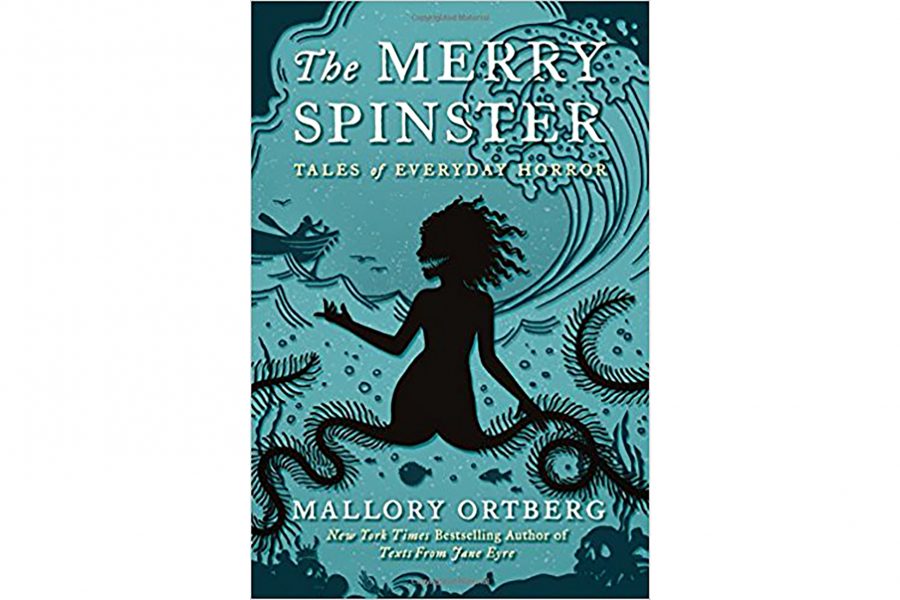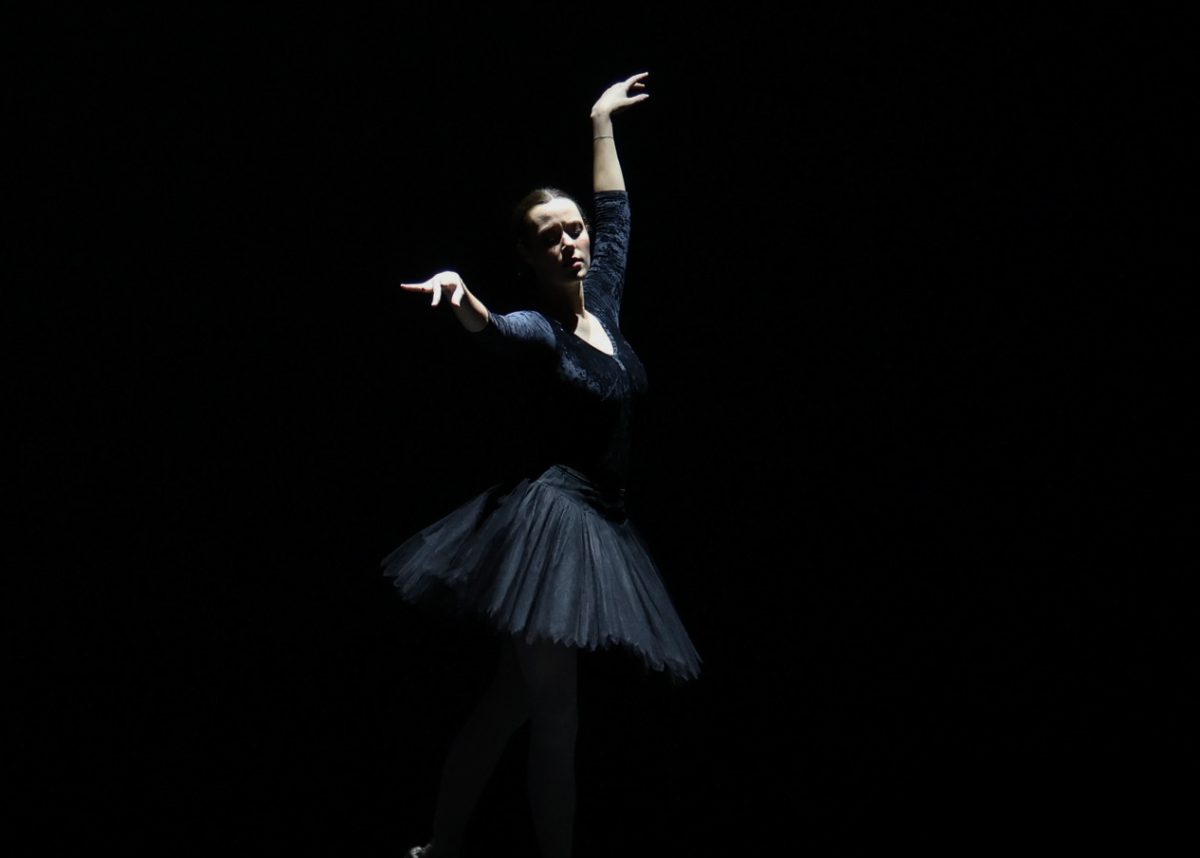The velveteen rabbit is a vampire, the angel that fights Jacob gives his tell-all, and the little mermaid just really wants to go home — these are just a few of the twisted tales found in Daniel Mallory Ortberg’s “The Merry Spinster: Tales of Everyday Horror.”
Ortberg, co-creator of feminist writing site “The Toast” and author of “Texts From Jane Eyre,” compiles all of his charm and wit into “The Merry Spinster,” an anthology of classic stories and fairy tales retold in a new completely charming and terrifying way.
Within 11 separate stories, Ortberg takes the known and unknown and binds them together, reinventing well known classics such as “The Little Mermaid” and “Beauty and the Beast,” in addition to lesser known tales such as “The Six Swans” and “The Daemon lover.” Each story is infused with elements of horror, humor and modern day struggles. It is all together strange and wonderful.
Inarguably, the shining stars of the book come in the form of “Fear Not: An Incident Log” and “The Rabbit.” With “Fear Not,” Ortberg imagines the errors that must arise from being one of God’s angels with such dry and poignant humor that it reads like a gossipy angel tell-all. If “Fear Not” is the best example of Ortberg’s ability to write humor, “The Rabbit” is the finest example of his ability to write horror. In a rewriting of Margery Williams’ “The Velveteen Rabbit,” Ortberg crafts a cunning stuffed bunny who is all consumed by the desire to become real and is slowly draining the little boy of his life. In a short 13 pages Ortberg manages to create a most haunting villain out of one of the world’s most beloved characters.
In addition to being delightful to read, Ortberg’s stories also tackle issues of gender, abuse, abortion and religion. Throughout the book, many of the character’s gender roles are swapped, and are even, at certain points, presented with the choice of whether they’d “like to be the husband or the wife.” Ortberg himself has recently come out as transgender after the publication of the book. In addition to the varying gender identities the book also has an overarching feminist theme — unsurprising since the novel stems from a popular column on “The Toast” site. Just like in the beloved classic fairy tales, women are shown to bear the brunt of the situation, but in a refreshing twist, get revenge in the end.
Within each story, Ortberg manages to build a world unique to itself, one with its own rules and customs wholly different from ours. While his world building is intriguing, it can confuse and lose the reader. Each story falls between 10-20 pages and doesn’t allow for a full understanding of the story before its end. “The Thankless Child,” for instance, is a tale born out of many others including “Cinderella” and Shakespeare’s “King Lear.” The reader has enough time to wonder “Wait, is this Cinderella?” before the story has come to a dizzying conclusion, and the fear sets in that you may have missed something.
While it proves puzzling in many parts, “The Merry Spinster” provides incredibly funny and utterly horrific versions of the stories we all grew up knowing and loving. Ortberg’s use of distant narrators only adds to the absurdity of each story and makes them that much more enjoyable. Ortberg has absolutely nailed the insurmountable task of story retelling.
- Page Count: 190
- Rating: 3.5/5















